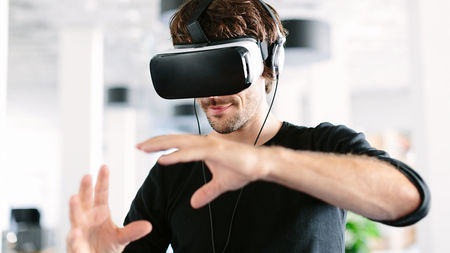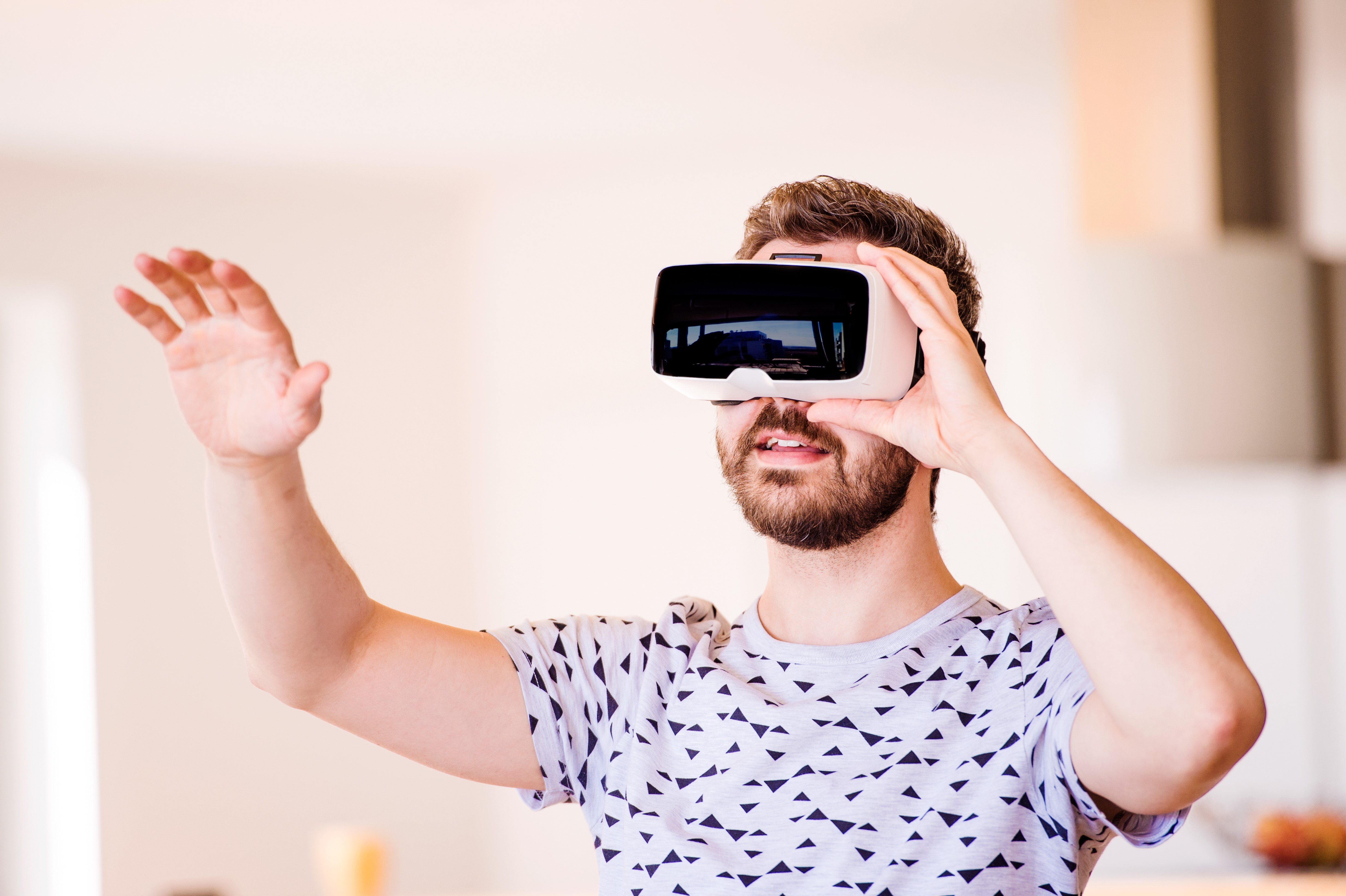

For the first time ever, one could casually wander through a comically realistic rendering of Jerry Seinfeld’s apartment. The graphics were still basic but the experience was, surprisingly, lifelike. He raised some money and soon developed the Oculus Rift, his own version of a clunky headset. Then, two years ago, Palmer Luckey, a kid born during the waning days of VR’s late-20th-century golden era, put the pieces together using improved technology. Though still used in the sciences, those eager to bring VR to the masses found themselves overshadowed by a glitzier, more promising technological revolution: the internet.

In the mid-’90s, VR as an industry basically closed up shop. The vision simply did not match the means. Though a true believer could immerse him or herself in the roughly built digital landscape, the chasm between that crude digital experience and the powerful subtly of real life was too great. At the time the personal computer was exploding, and VR acolytes found a curious population eager to see what the technology had to offer. The utopian ideals of a VR universe were revisited by a small crew of inventors in the late ’80s and early ’90s. But the concept was worth pursuing, and others did (especially the military, who have used virtual reality technology for war simulation for years). The promise of the idea was shrouded, concealed under clunky visuals. A definition of virtual reality has always been difficult to formulate - the concept of an alternative existence has been pawed at for centuries - but the closest modern ancestor came to life in the fifties, when a handful of visionaries saw the possibility for watching things on a screen that never ends, but the technology wasn’t yet good enough to justify the idea. Yes, it’s man meets machine, but what happens is strictly within the mind. Born of technology, virtual reality at its core is an organic experience.

It’s the same escapism peddled by drugs, alcohol, sex, and art - throw off the shackles of the mundane through a metaphysical transportation to an altered state. Put on these goggles, go nowhere, and be transported anywhere. The promise of virtual reality has always been enormous. Seeing is Believing: The State of Virtual Reality


 0 kommentar(er)
0 kommentar(er)
